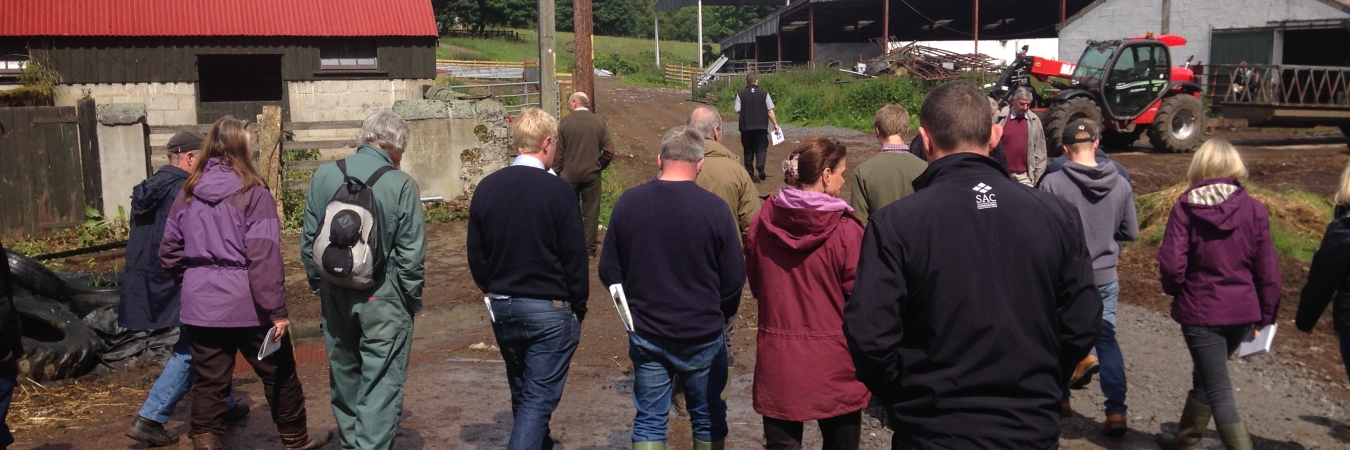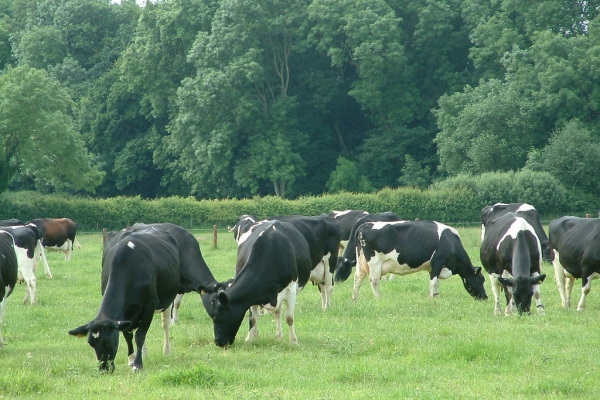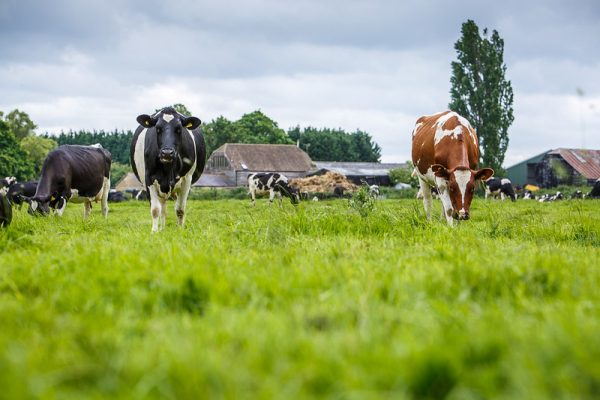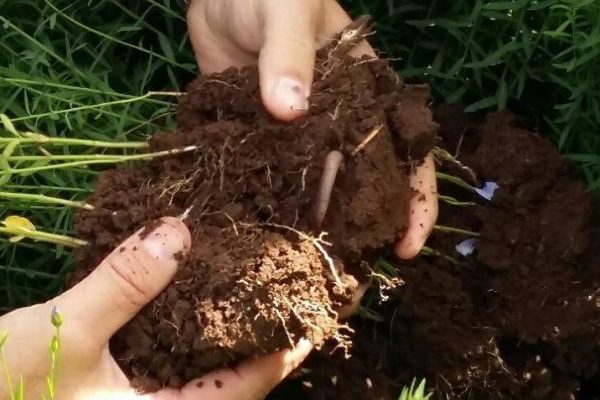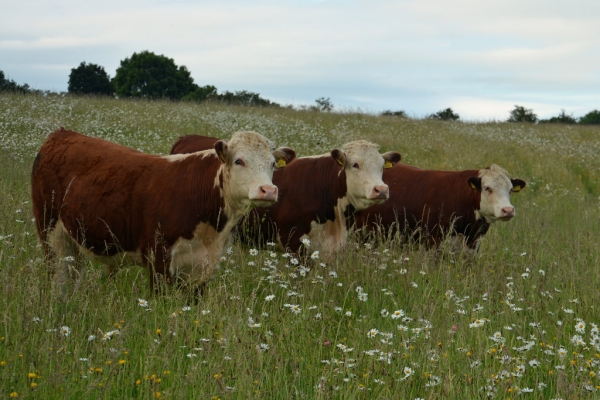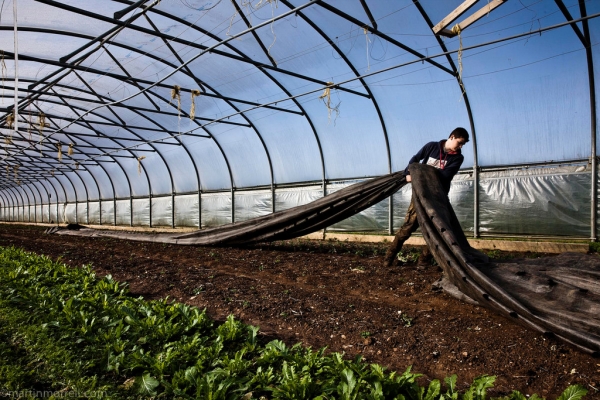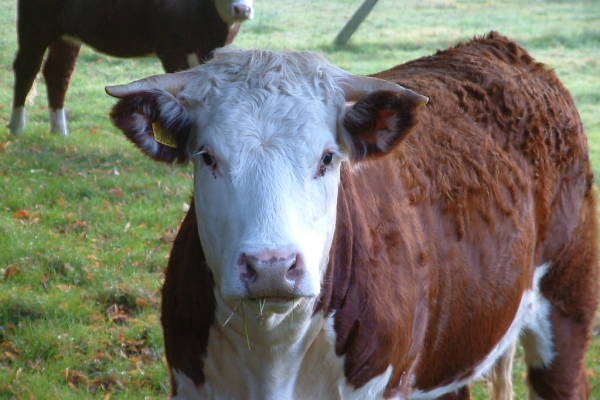The importance of soil health, learnings from a Nuffield adventure
There is a growing recognition that in order to reduce high levels of atmospheric carbon we need not just to reduce greenhouse gas emissions, but also sequester atmospheric carbon in the soil. Soils are a huge asset, as they can sequester vast amounts of carbon. How to maximise the levels of carbon sequestration within the soil, while at the same time maintaining productivity and protecting environmental resources is one of the greatest challenges facing agriculture today.
Developing solutions that have practical worth on-farm and make sense to farmers, as well as being scientifically robust will require different groups to work together on solutions.
Soil carbon and building soil health was one of the major themes of my Nuffield scholarship, a whirlwind of new experiences, adventures, and discussions with outstanding farmers, scientists and others involved in promoting sustainable agriculture. My study, titled ‘Communicating carbon reduction schemes to farmers, busting preconceptions, driving efficiencies and profit’ was aiming to understand in more detail the opportunities for farmers to reduce emissions from their businesses. This included trying to understand where the gaps were in knowledge, metrics and payments that might help and also find examples of good practice that could be used to inspire more farmers to engage.
Although soil wasn’t initially the main focus of my study, it quickly became clear that soil management was a central theme throughout many mitigation strategies that are recommended for cutting emissions as well as the opportunities to build carbon levels. Through visiting different farms, in very different climatic conditions, it was clear that building soil health was a key priority at the centre of resilient farm businesses.
Soil health is a key solution to combating climate change as by building soil health, we achieve multiple objectives. These include improved water quality, natural flood management, increased water holding capacity, improved plant and animal health, reduced disease and pest pressures and improved income in a sustainable manner.
Soil health can be used as an integrative concept that helps farmers think holistically about their farm management and the environmental (and climate) impacts of its management. The interesting aspect of the initiative is that by framing messages around soil health, farmers understand the practical relevance and engage.
I concluded that although the issue is complex, emissions associated with agriculture must be reduced. This is intrinsically linked with driving efficiency and realising economic savings. This requires consistent use of metrics that link the emission reduction potential with economic savings and make sense for farmers.
The potential around improving soil health and sequestering carbon within farm soils should not be hampered by lack of replicated science. Agriculture is unique in its ability to achieve this, and there is an urgent need to connect research with the farmer innovators to develop the baseline data that is required to shape policy. Action is required on emissions reductions and soil carbon to achieve targets.
There is a need to stand up and communicate the positive activities that are taking place within the industry, including the rising soil health movement and those farmers who are managing landscapes, producing food and reducing emissions. By encouraging positive stories there is an opportunity to inspire other farmers and celebrate achievements with policy makers and consumers.
Becky Willson works as a project officer for the Farm Carbon Cutting Toolkit and as a technical specialist in resource management for Duchy College Rural Business School. She also runs a community farm in west Devon.
Learn more:
